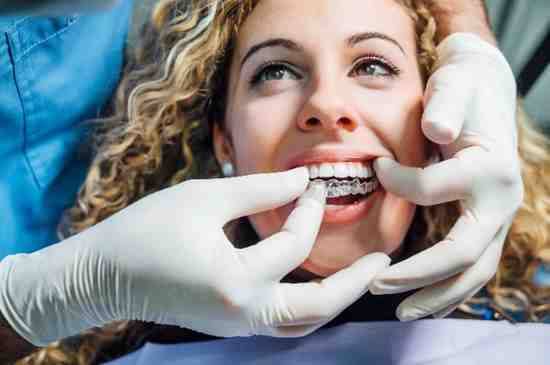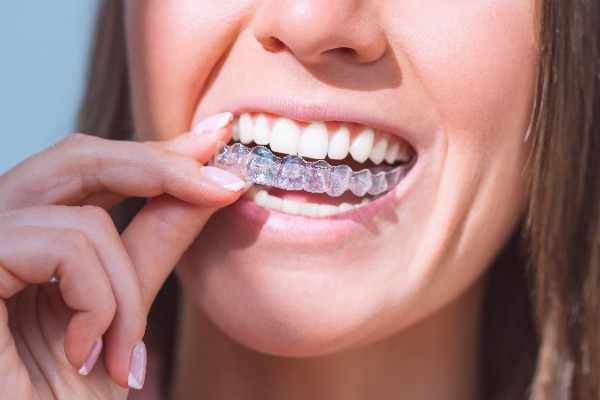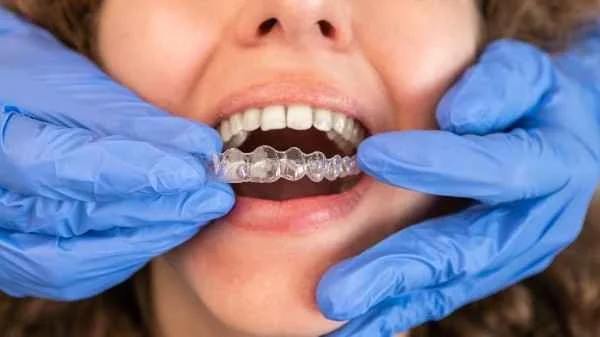Tooth pain always seems to strike at the worst possible time on holiday, during the weekend, or right before a big event. When you can’t get an immediate dental appointment, that throbbing, sharp, or dull ache can feel unbearable. While professional help is always best, there are ways to manage the discomfort and stay calm while you wait. In this post, we’ll take a friendly but informative walk through practical steps to manage dental pain safely and sensibly when your dentist isn’t immediately available.
Understanding Tooth Pain
Tooth pain isn’t one-size-fits-all it can come in many forms. The kind of pain you're experiencing can hint at what’s going on beneath the surface. Here's a look at common causes:

Common Reasons Behind Tooth Pain
-
Tooth decay: A cavity or decay can reach sensitive inner layers of the tooth, leading to pain, especially when eating or drinking something hot, cold, or sweet.
-
Infection: An abscess (a pocket of infection) can create intense, often pulsating pain. This may also cause swelling or fever.
-
Gum problems: Swollen, receding, or infected gums can create a feeling of discomfort or dull pain.
-
Cracked tooth: A fracture may not be visible but can cause sharp pain when chewing.
-
Impacted wisdom tooth: This often affects younger adults and can cause jaw or gum pain.
-
Orthodontic discomfort: Aligners like Invisalign can occasionally cause pressure or soreness.
Understanding the nature and intensity of the pain can help you take appropriate steps at home until you can reach a professional, like a dentist.
Immediate Pain Relief Techniques
If you’re in pain and can’t see a dentist straight away, there are several tried-and-tested ways to take the edge off.
1. Saltwater Rinse
A simple saltwater rinse can help reduce inflammation and keep the mouth clean.
-
Mix half a teaspoon of salt in a glass of warm water.
-
Swish gently for about 30 seconds and spit out.
-
Repeat every few hours.
This helps draw out irritants, ease inflammation, and flush bacteria from the gums.
2. Cold Compress
For swelling or trauma, a cold compress on the outside of your cheek can help numb pain and reduce inflammation.
-
Wrap ice or a cold pack in a tea towel.
-
Apply to the outside of the face for 15 minutes.
-
Take a break before reapplying
It’s especially helpful for sudden injuries or post-procedural swelling.
3. Over-the-Counter Pain Relief
Paracetamol or ibuprofen can offer relief while you wait for treatment. Make sure to follow dosage instructions and don’t exceed the recommended limit. Avoid aspirin directly on the tooth or gums. It's a common myth that it helps, but it can actually irritate tissues.
4. Clove Oil
Clove oil contains a natural numbing agent. It’s an old-fashioned remedy that still works wonders.
-
Dip a cotton swab or ball in clove oil.
-
Gently dab it on the sore area
-
Avoid using too much it can sting if overapplied
If you don’t have clove oil, chewing on a whole clove can offer mild relief.
5. Keep Your Head Elevated
Lying flat can cause blood to rush to your head, which may intensify throbbing. Use an extra pillow to keep your head elevated, especially at night.
What Not to Do
In the panic of a painful tooth, it’s tempting to try anything. But some well-meaning actions can make things worse.
-
Don’t poke or prod: Avoid using toothpicks, metal instruments, or your fingers to check the tooth.
-
Don’t apply heat: Hot compresses can worsen swelling and increase pain.
-
Don’t rely on alcohol: Sipping spirits won’t sterilise the area and might irritate sensitive tissues.
-
Don’t ignore it for long: Temporary relief is not a solution eventually, you need to see a dentist.
Special Considerations for Invisalign Users
If you're undergoing treatment with Invisalign, tooth discomfort may be part of the process. That said, there's a difference between routine pressure and unusual pain.
How to Tell the Difference
-
Normal discomfort: Slight soreness when a new aligner is fitted, especially for the first few days.
-
Abnormal pain: Sharp or persistent pain, especially in one specific area, or signs of a cracked tooth or infection.
In either case, aligners can be removed briefly to ease pressure but should be worn as directed to stay on track with your treatment. If you’re unsure, contact your Invisalign provider for tailored advice.
When to Seek an Emergency Dentist
Some situations can’t be managed at home, even temporarily. These include:
-
Severe, unrelenting pain
-
Facial swelling that interferes with breathing or vision
-
Bleeding that won’t stop
-
Pus or a visible abscess
-
A knocked-out or cracked tooth
In such cases, you should urgently contact an emergency dentist in Wrexham. It’s better to be cautious when it comes to dental health ignoring the problem can lead to more complex and costly issues later.
Temporary Fixes for Specific Problems
Chipped or Broken Tooth
-
Rinse your mouth with warm saltwater.
-
If there's a sharp edge, use orthodontic wax to cover it.
-
Avoid chewing on that side.
Lost Filling or Crown
-
Temporary dental cement from a pharmacy can be used to reattach a crown or fill a gap.
-
Avoid sticky or hard foods
Tooth Sensitivity
-
Use a desensitising toothpaste if you have it at home.
-
Avoid acidic or extremely hot/cold foods
Long-Term Prevention Tips
Prevention is better than cure. Once your issue is resolved, try to prevent it from happening again by:
-
Brushing twice daily with fluoride toothpaste
-
Flossing or using interdental brushes
-
Regular check-ups with your dentist or general dentist
-
Wearing a mouthguard during sports
-
Reducing sugary snacks and drinks
Also, people who are undergoing cosmetic or orthodontic procedures, such as Invisalign Wrexham or teeth whitening, should be even more mindful about their oral care routines
Building a Dental First-Aid Kit
It's wise to have a small kit ready at home for dental mishaps. Here’s what to include:

-
Salt (for rinses)
-
Paracetamol or ibuprofen
-
Clove oil
-
Orthodontic wax
-
Cotton swabs and gauze
-
Temporary filling material (from a pharmacy)
Having these essentials at hand can provide much-needed relief in a dental emergency.
Conclusion
Dental pain can catch you off guard, but it doesn’t have to take over your day. With a little know-how, a calm mindset, and a few household essentials, you can ease the discomfort until you get professional care. Whether it’s using a saltwater rinse, applying clove oil, or being cautious with your Invisalign Wrexham aligners, there are ways to stay comfortable. Just remember, these are short-term solutions. Once you’re feeling more settled, reach out to EDW, your trusted emergency dentist in Wrexham, for proper long-term care.






